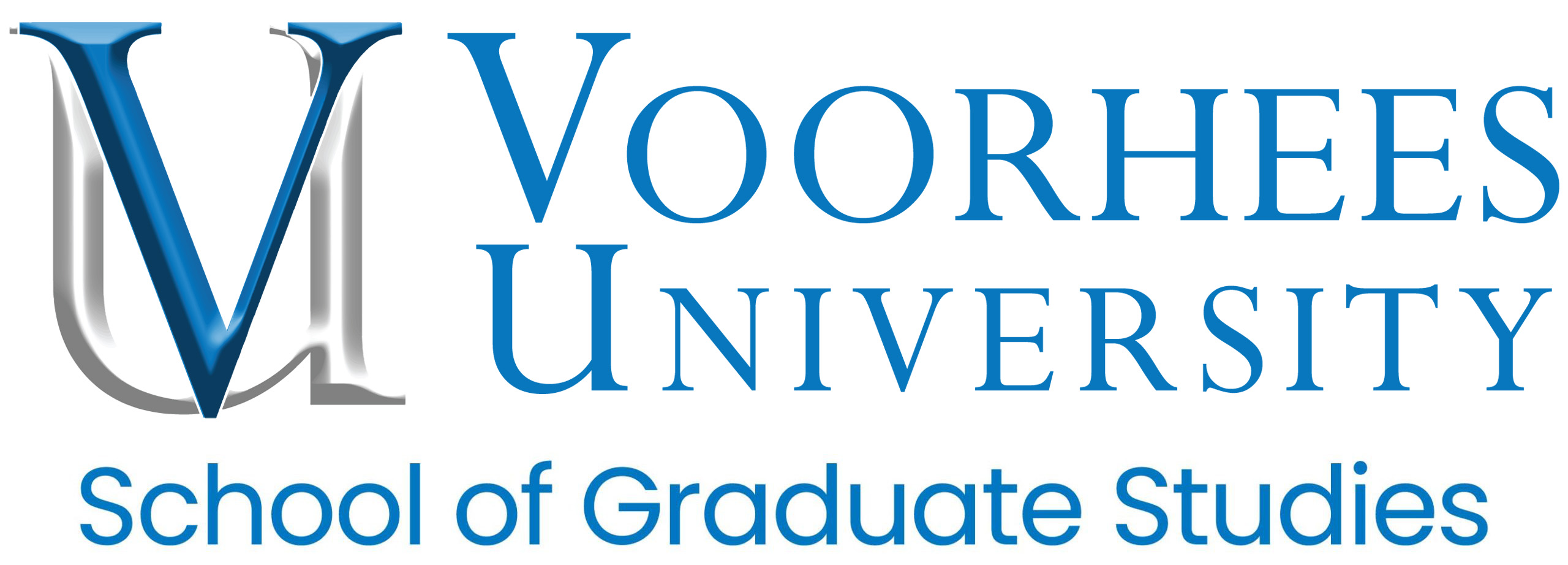Master of Education in Teaching and Learning Degree Course Offerings
Our graduate programs go beyond mainstream thought and practices, fostering intellectual inquiry and creative mastery.
Foundational Course Offerings
This course is focused on strong planning, both long- and short-term, which is imperative for effective instruction. Educators will develop instructionally sound lesson plans to guide instruction, rigorous expectations, and learning for all measured in multiple modes of assessment.
State and national standards for educators require that teachers know and demonstrate a wide range of literacy methods and skills to promote effective and appropriate classroom communication as educators in all content areas play an important role in the literacy development of students. This course provides candidates with instructional strategies to support students’ literacy development in their current or planned grade-level(s) or content area(s) of certification. Candidates will explore ways that reading, writing, speaking and listening are developed and used in learning grade-level and discipline-specific curriculum, including adaptations for culturally diverse and exceptional learners. Content Knowledge for Teachers is a co-requisite for this course.
This course introduces the final action research project’s components, a professional learning project requiring students to employ writing, research, and improvement science skills. The project will be designed to improve participants’ professional practice or address a systemic issue impacting the learning of traditionally marginalized student populations in learning environments.
This course is the completion and presentation of the final action project. The learning orientation of this course requires students to seek growth through networking in learning communities where they study, test, and refine contents of the professional learning projects for the final research presentation.
PK-12 Education Concentration
Subject matter expertise and research are integral to practitioners’ pedagogical content knowledge (PCK). This course will support educators in evincing mastery of knowledge of specific subjects and introduce key principles and strategies of research methods in Education. Educators will develop and enact a personal growth plan to gain content knowledge and research skills specific to their focused content areas.
This course familiarizes students with relevant research, as well as provides students with opportunities to investigate theoretical perspectives, issues, and dispositions regarding educational environments, instruction, and professionalism. Additionally, this course is an introduction to the tenets of improvement science.
This course will engage students in guided inquiry focused on common problems of equity encountered in education systems. Emphasis is on enhancing students’ knowledge of content and pedagogy, which impacts learning. Additionally, this course provides applied learning in improvement science.
STEAM is an inclusive curriculum that integrates multiple disciplines, particularly science, technology, engineering, art, and mathematics. This course will introduce the integrative approach to STEAM learning that supports students in developing and using employability skills of communication, creativity, collaboration, leadership, critical thinking, and technological proficiency to create and consume in authentic ways. This course will support candidates in subject-matter alignment and discipline integration to support student-centered learning.
This course will support candidates in applying inquiry-based models for STEAM instruction. Candidates will create lesson content for a STEAM unit plan.
This course will support candidates in understanding the role of the teacher and student in assessment and how to implement assessments in STEAM learning. Candidates will create formative and summative assessments for a STEAM unit plan.
This course is a 30-hour practicum experience designed to support the observation and practice of STEAM integrative instructional approaches. The course is focused on STEAM inquiry-driven units embedded with real-world, relevant problem solving that requires a high level of discipline integration.
Education Systems Improvement Concentration
This course provides candidates with a foundational understanding of improvement science through transformative research frameworks. Candidates will explore a systemic issue impacting the learning of traditionally marginalized student populations and develop an intervention based upon the plan-do-study-act (PDSA) disciplined-inquiry model to improve the issue(s).
This course introduces a multitude of teaching strategies and techniques to reach all students. The course provides practical application for establishing and maintaining a well-managed learner environment with established high expectations for both student learning and behavior. Educators will learn how to create learning environments that have mutual respect and caring between teachers and students and students and students.
The course introduces critical literacy as a foundation to reflective thinking and strategy-building for critically conscious decision-making relative to issues in education.
This course aims to broaden educators’ disposition towards and knowledge of external resources and factors that help drive the development of effective interventions that impact educational systems. With a directed focus on engagement, the course will address community-engaged scholarship, stakeholder engagement, community-partnered research, and civic engagement as collaborative support to families, communities, and education systems Improvement.
This course will explore foundations for building equity educational systems through the application of improvement science in culturally authentic and/or disenfranchised contexts. Emphasis in the course is on the knowledge, skills and dispositions required for educators to provide an effective equitable education.
This course will survey psychological and historical factors surrounding literacy acquisition and the early establishment of formal educational institutions. The focus will be on constructing critical views that examine, interrogate, and evaluate practices and behaviors immersed in current and historical reforms that impact educational systems.
This course introduces research design, implementation, analysis and assessment criteria focused on research methods in Education. The course will focus on principles and strategies of APA-style research.

